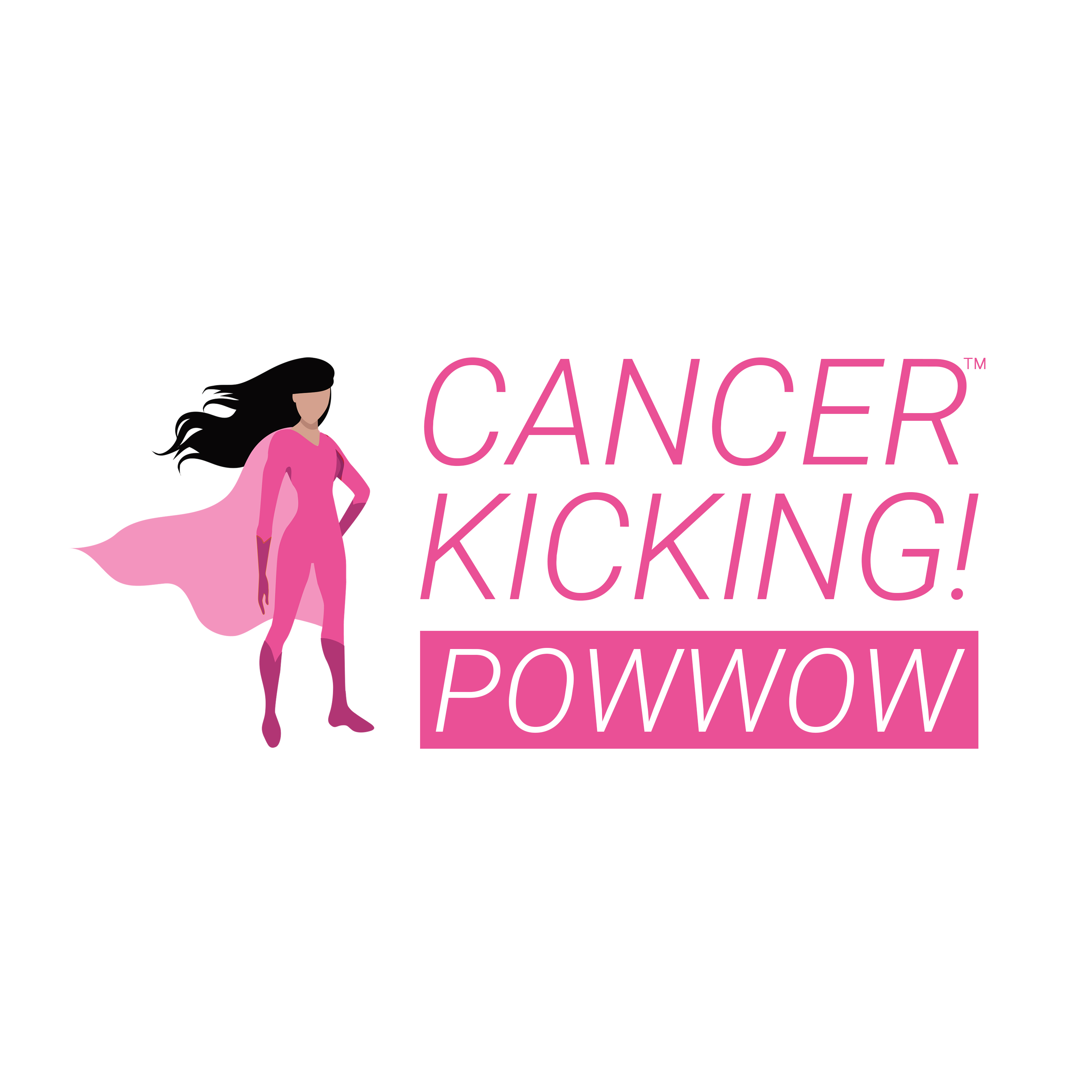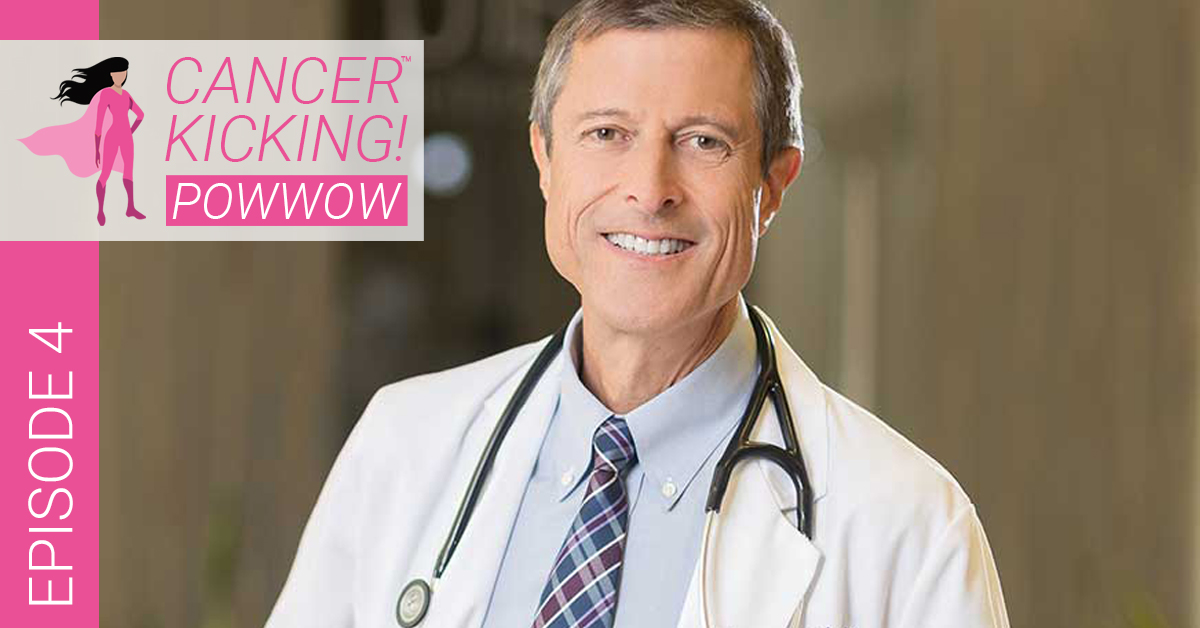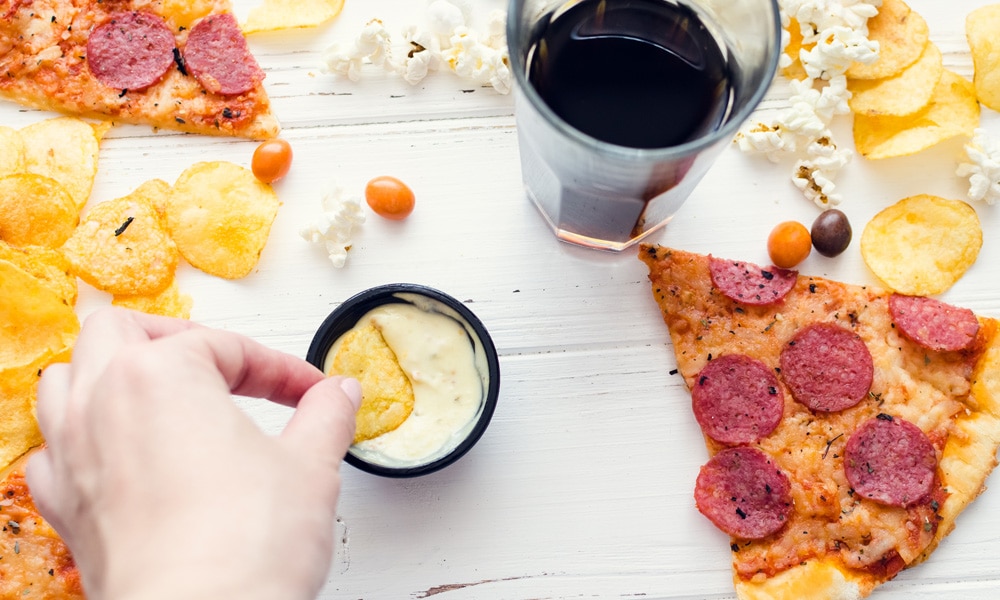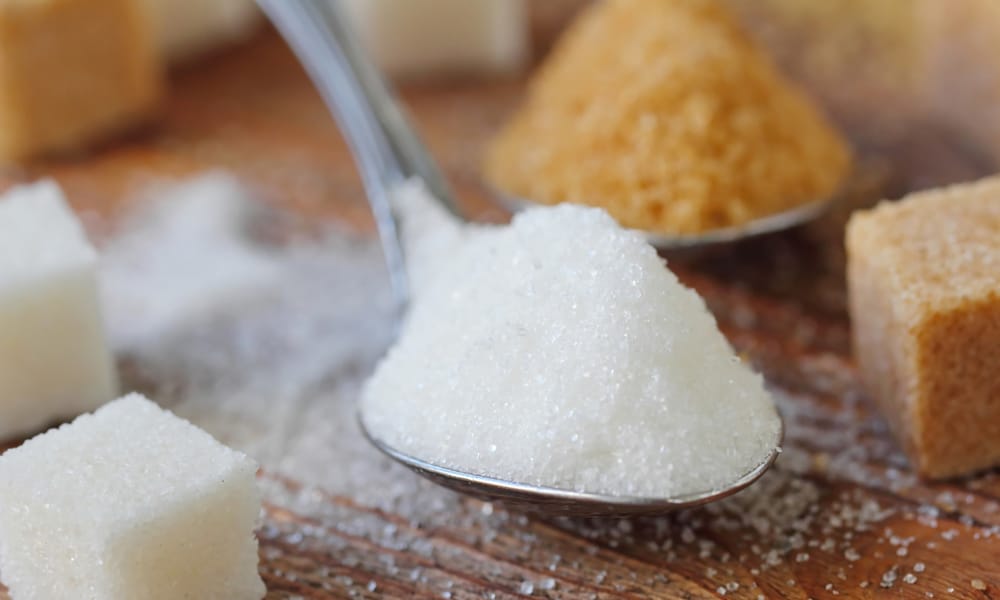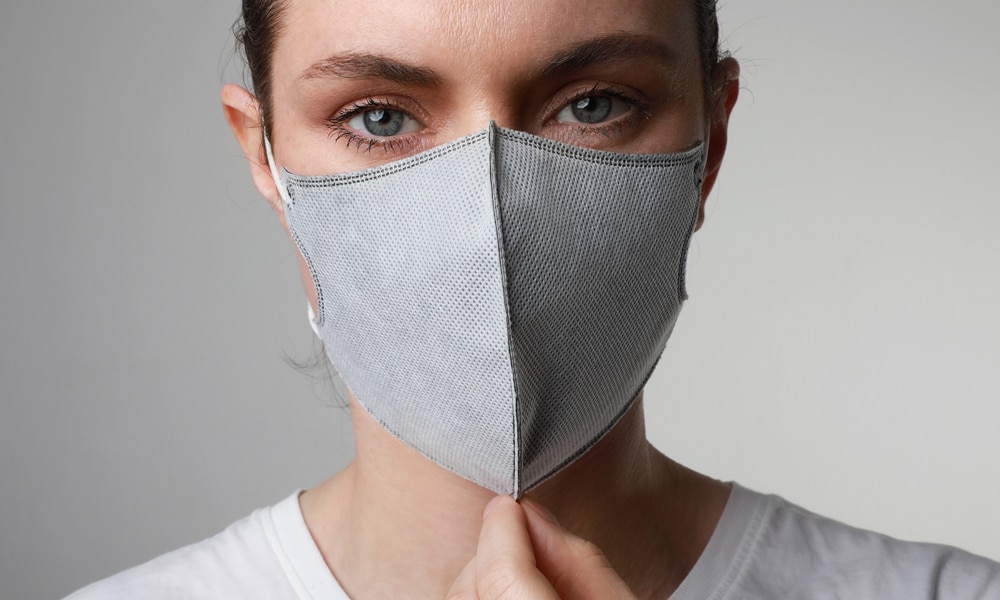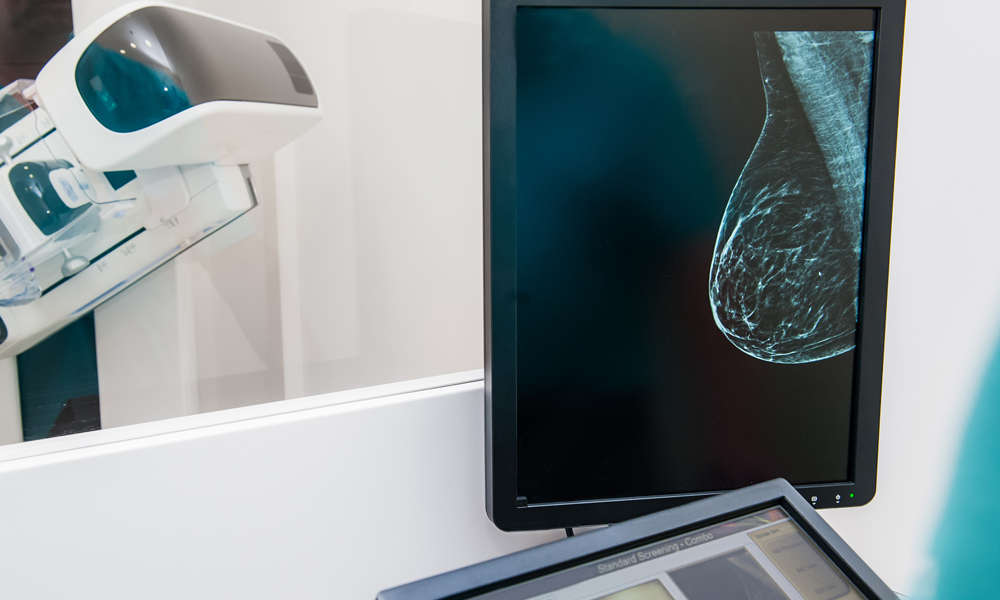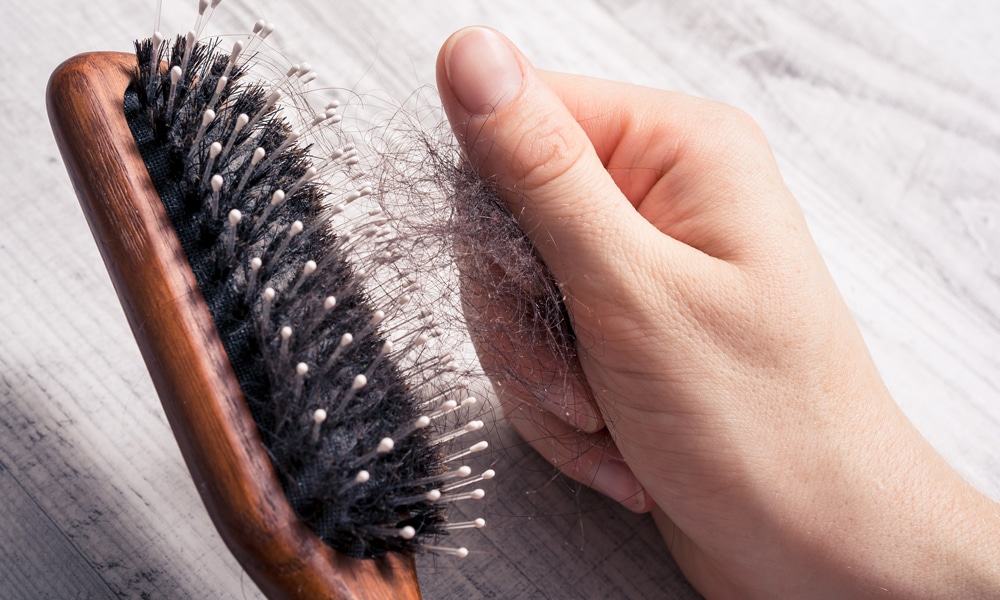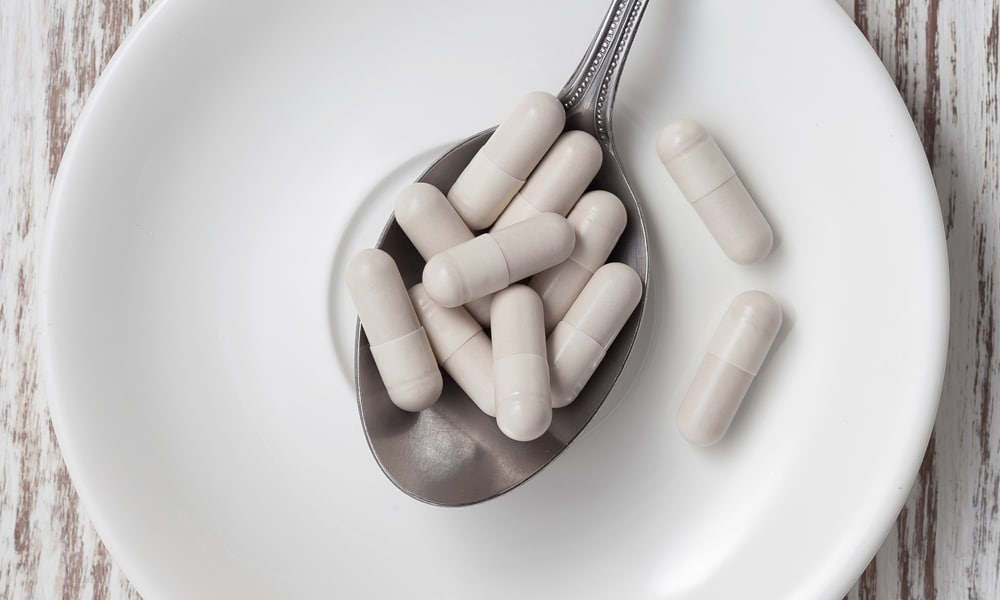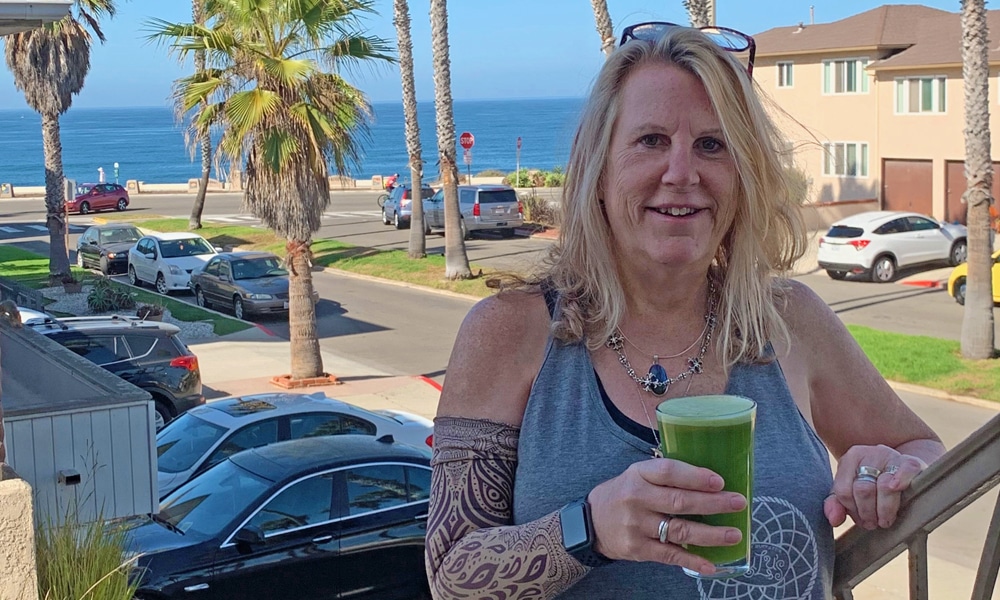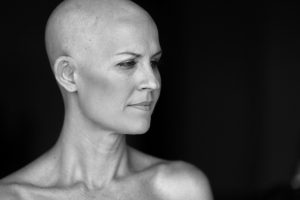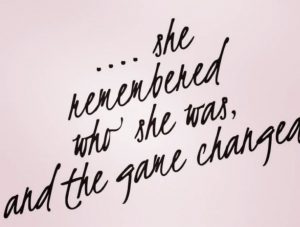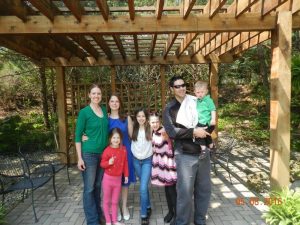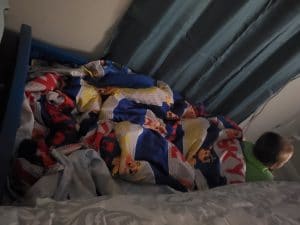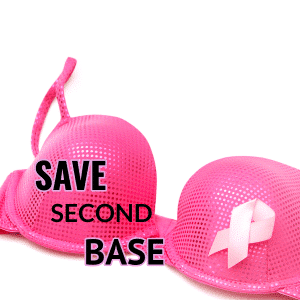If you’re fighting breast cancer, no one has to tell you that it’s hard work. No matter which type of cancer, it takes a toll on your body, mind, and spirit, which may result in a type of extreme and persistent fatigue that affects between 40 and 80% of people undergoing cancer treatment. In addition to keeping you from carrying out your daily activities, extreme and ongoing cancer-related fatigue can also lead to anxiety or depression, which affects your overall quality of life.
Cancer fatigue can be caused by many factors, including:
- The cancer itself — more advanced cancer may cause more severe fatigue
- Anemia related to the cancer
- Cancer therapy, especially a combination of surgery, radiotherapy and chemotherapy
- Medications that cause drowsiness
- Fluctuating hormone levels
- Pain
- Stress, anxiety or depression
- Poor quality sleep
- Nutrition deficiencies
Fortunately, there are some good and healthy ways to fight cancer fatigue and regain your energy. Try to incorporate as many of these tips as you can.
Over 11 hours of video content are now available to stream from any device. If you cannot attend our annual Summit at Terranea Resort, sign up for the Virtual Summit instead and get the same information from the in-person Summit in the convenience of your own home.
Ask for Help
This is no time to be superwoman, and besides, your friends and family already know you are! If there are everyday tasks you find especially exhausting (childcare, housework, running errands, meal prep, etc.) make a list of ways people can help, and when someone offers to, let them. If you feel uncomfortable asking yourself, have a close friend or family member recruit and schedule help for you. Use any extra free time to rest or pamper yourself.
Flood your Body with Healthy Foods
While you’re undergoing treatment, you may not have much of an appetite, but when you do, nourish your body like you mean it. Eating better will make you feel better, so try to eat as many colorful and nutritious fruits, vegetables, and whole foods as you can. If your appetite is poor, choose meals and snacks that are small but healthy; fresh or dried fruits with nuts, vegetables with hummus, or Dr. Funk’s popular antioxidant smoothie are all perfect snacks. Make things easy for yourself and incorporate “cook-once-eat-several-times” meals like soups and stews.
You can also consider signing up for a healthy meal delivery service and try some new recipes and foods. There are several reputable companies available across the country, so see if you can find a good option in your neighborhood.
Stay Connected
Stay Connected
Make sure you’re getting enough Protein
Protein is essential for tissue repair, and this is especially true after surgery. In addition, low protein intake is associated with more cancer-related fatigue, so try to get a good serving of protein from beans/legumes, tofu, nuts, seeds, or other quality foods with each meal. Always keep a container of plant-based protein powder on hand for those days when you don’t feel like eating or cooking. If you combine a scoop of protein powder with a handful of fruit, greens, and half of an avocado, you’ll have a complete meal.
Ask about Nutritional Supplements
If your diet was less than ideal prior to cancer treatment, you may have a nutrition deficiency, which may make your fatigue even worse. Taking a multivitamin like the Multi Must Have, which was specifically formulated for women, can help mitigate your deficiency. You may also want to ask your doctor to check your vitamin and mineral status, to see if you need any additional nutrients. If you’re not able to eat well because of nausea or pain, cannabis might be helpful.
Move More
While exercise may be the last thing you feel like doing when you’re fighting cancer fatigue, it has been proven to help tremendously, with all types of cancer, including breast cancer. Exercise has not only been shown to improve physical health and well-being, but also it has important psychological benefits. And here’s the best part – it doesn’t matter what kind of exercise you do. Benefits have been found for aerobic activity like brisk walking, high-intensity interval workouts, and even gentle stretching exercises and yoga.
It seems like working out three times each week for about 40 minutes is the ticket. One study on more than 550 breast cancer survivors found that amount of exercise is an easy and safe way to minimize cancer fatigue, as well as anxiety and depression. And since it boosts the endorphins in your brain, most women also report more energy and improvements in their quality of life after exercise sessions.
Use the Power of your Mind
A major area of research in cancer treatment is on the benefits of cognitive behavioral therapy (CBT). CBT focuses on how thinking affects how you feel. By working with a CBT practitioner on visual imagery, relaxation, and cognitive restructuring, patients are often able to change their emotions by changing thoughts and behaviors. As a result, CBT has been shown to reduce fatigue, as well as feelings of anxiety, depression, anger, and even pain, that are associated with cancer treatment. Combining CBT with other types of mindfulness therapies, especially hypnosis, can be even more helpful in improving cancer fatigue.
Spend time doing what you Love, with People you Love
This is an especially important time to focus on you, and what makes you happy. No matter what other commitments you have, schedule time every week for rest, pampering, special outings, and whenever possible, surround yourself with friends and family. Having a strong social network and support system is always important for everyone, but especially when you’re fighting cancer. Crazy as it might seem, researchers have studied the impact of social support on pain, inflammation and depression during cancer treatment, and found that social support reduces the risk of all of these. In addition, they’ve found that having a partner decreases the risk of severe cancer-related fatigue.
Fighting the fatigue that often comes along with cancer can be a battle in itself. But you are empowered, so try to incorporate as many of these tips as you can – they will have a cumulative effect, and the combination of strategies can make you feel significantly better. If you’ve discovered any other helpful tips, please share them with me below by leaving a comment!


